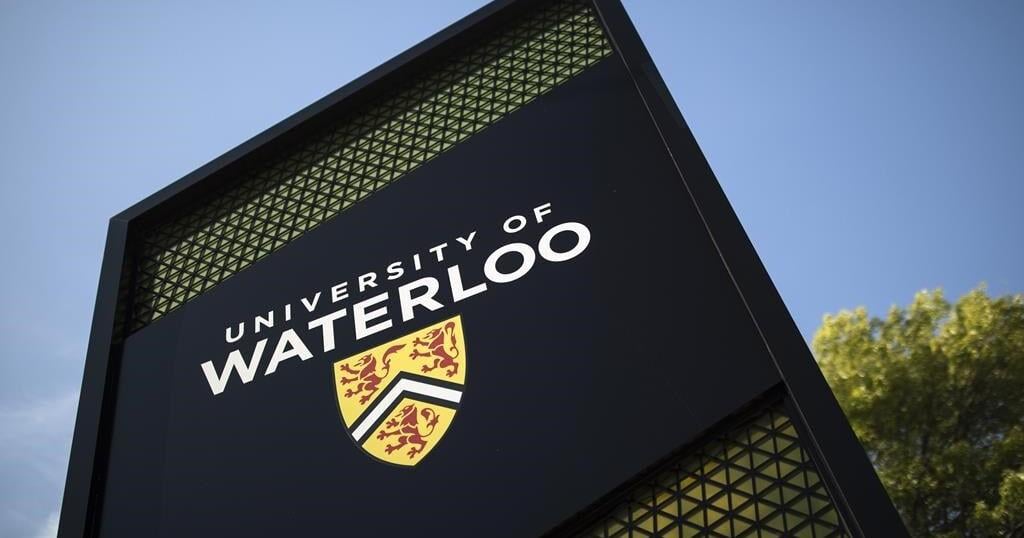Pro-Palestinian protesters dismantled their encampments at two southern Ontario universities over the weekend, while demonstrators at another university campus were handed a trespass notice Monday and warned legal action could follow.
The encampments at the University of Waterloo and Western University were cleared roughly two months after they were established as part of a broader movement calling on academic institutions to cut ties with Israel.
A group representing the Western University protesters said their decision was made after “careful consideration,” and that they would continue to push for divestment through other means.
The university’s president, Alan Shepard, said in a statement that the encampment had come to a peaceful end. “As we look to chart a new path forward, we will focus on restoring relationships and identifying opportunities to come together as a community,” he wrote.
At the University of Waterloo, a student-led group representing the protesters said they decided to “voluntarily decamp” on Sunday night in what they called a strategic decision.
The group said it will now target investments and partnerships the university has with Israel, which it said were disclosed as a result of the encampment protest.
University president Vivek Goel said the encampment was peacefully dismantled and the school is now withdrawing a lawsuit and injunction proceedings it had recently launched related to the protest.
Goel said it has been a “difficult and divisive time” and the university is examining opportunities for engagement that will bring its community together to tackle complex challenges.
The university’s lawsuit had named several individual protesters it said had identified themselves as representatives of the encampment, as well as unidentified people involved in the demonstration. It was also seeking an order to dismantle the encampment and allow police to arrest and remove people who refuse to leave.
Protesters had denounced the lawsuit on social media, calling it an attempt to intimidate students with the possibility of hefty fines they could not afford.
They also claimed in the online statement on the encampment being dismantled that those named in the lawsuit were harassed while the legal action “emboldened agitators.”
The university’s president wrote in his Monday statement that he hopes the coming weeks will see the school and students “work together to bring healing and peace to our community.”
Meanwhile, protesters at the University of Guelph were faced with the possibility of legal action Monday after the university issued a trespass notice and warned that it would turn to the court if the group remained.
The university said in a written statement that it handed out the notice after demonstrators ignored its request to dismantle the camp by Sunday evening.
“This has been a delicate and difficult situation for all our community members and I know there will be many conflicting viewpoints on how to move forward,” university president Charlotte Yates wrote.
“We are committed to acting in the best interests of our entire campus community and ensuring U of G remains to be a welcoming space for all.”
On social media, the protesters said they were given 24 hours to clear out and are now being threatened with legal action. The encampment was set up in late May,
In an earlier post, one of the groups supporting the protest called the university’s Sunday evening deadline an aggressive tactic and an escalation.
Last week, demonstrators cleared a two-month old encampment at the University of Toronto’s downtown campus after a judge granted the school an injunction that would have allowed police to step in to remove and arrest those who stayed.
–With files from Maan Alhmidi.
This report by The Canadian Press was first published July 8, 2024.
